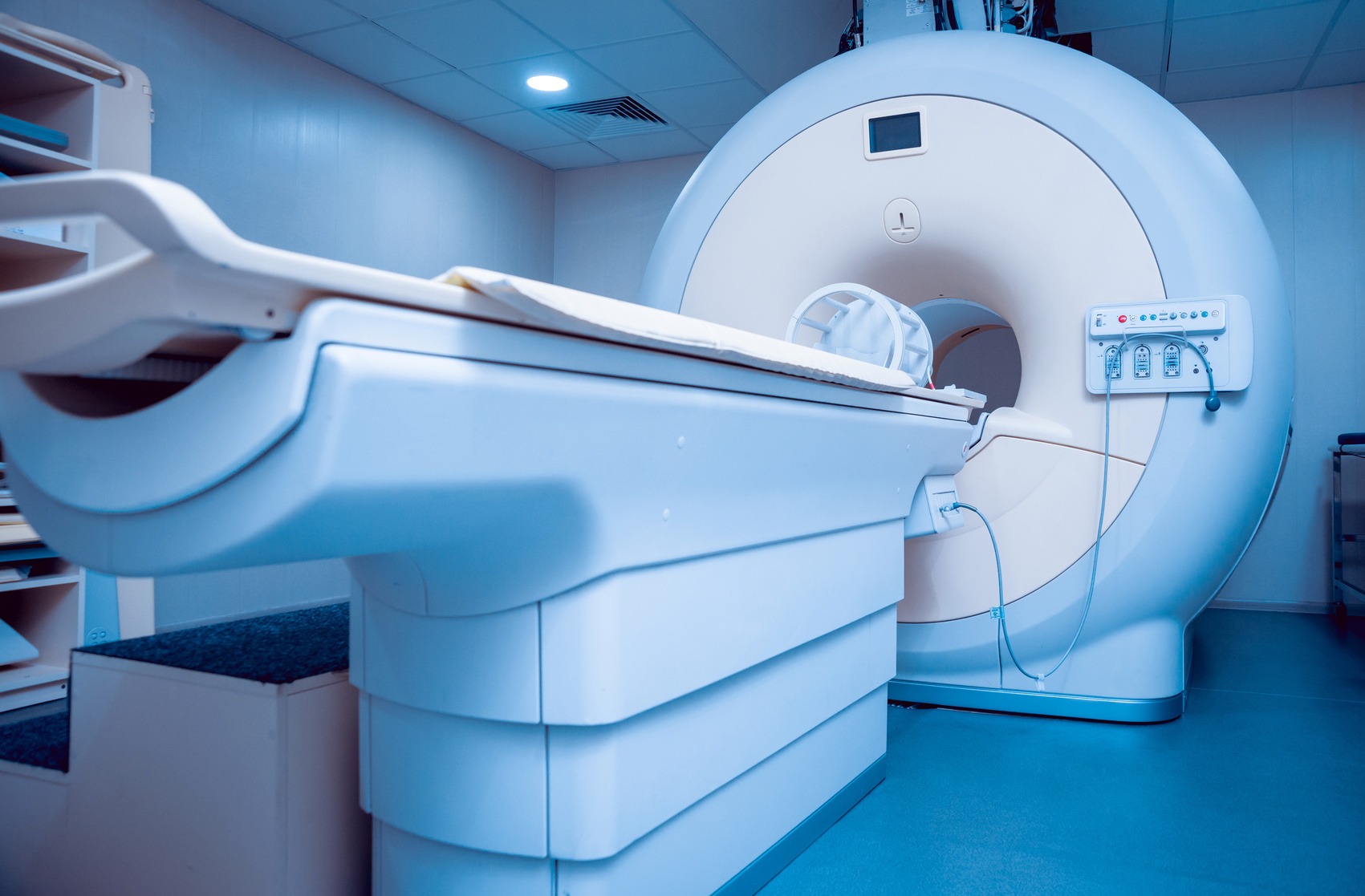 Magnetic resonance imaging (MRI) is a medical imaging test that generates pictures of inside of the body using magnetic fields and radio waves.
Magnetic resonance imaging (MRI) is a medical imaging test that generates pictures of inside of the body using magnetic fields and radio waves.
Magnetic resonance imaging (MRI) is a type of medical imaging that generates pictures of the inside of the body using magnetic fields and radio waves. Doctors use MRIs to diagnose a host of injuries and illnesses, from spinal cord injuries to multiple sclerosis to cancer.
An MRI can lead to a medical malpractice lawsuit if a healthcare professional misreads the results, causing the patient to receive an improper diagnosis that delays or prevents getting care for their condition.
If a doctor misdiagnosed or failed to diagnose your condition due to an MRI error, a medical malpractice lawyer can help. Call us at 888-526-8947.
Why Doctors Perform MRIs
Healthcare professionals perform MRIs because it is a highly effective, non-invasive, and low-risk way to see what is going on inside a patient’s body. Without MRIs, it would be much more difficult to diagnose a host of serious internal conditions, such as aneurysms and cancerous tumors.
Performed correctly, an MRI produces a clear, vivid, high-resolution image of the part of the body under examination, such as the chest or spinal cord. A healthcare professional may then examine the MRI results for abnormalities. From there, the doctor may make a diagnosis.
Risks of MRIs
Most issues that stem from MRIs happen not because of the test itself but because of a healthcare professional misread or misinterpreted its results.
In rare cases, however, an MRI can pose risks to the patient. Specifically, a patient with metal in his or her body may experience complications from an MRI. A healthcare professional has a duty to find out if a patient has any of the following:
- A prosthetic joint made of metal
- An artificial heart valve
- An implantable defibrillator
- A pacemaker
- Metal clips
- Cochlear implants in the ear
- A bullet or shrapnel embedded in the body
Even certain tattoos may contain traces of metal that can react poorly with the magnetic fields of an MRI. Pregnant women should be wary of receiving an MRI, as the effects of magnetic fields and radio waves on a developing fetus are unclear.
Call Newsome | Melton Today at 888-526-8947 — Free Medical Malpractice Consultation
If a healthcare professional misread your MRI, resulting in a misdiagnosis, or you suffered an injury during the test itself, you may have grounds for a medical malpractice lawsuit.
If you or someone you love has been a victim of medical malpractice or negligence, a lawyer from Newsome | Melton can help you hold the responsible party liable and collect the compensation you deserve. Our medical malpractice attorneys fight for the rights of injured victims.
For a free, no-risk case evaluation, call our team at 888-526-8947.
Magnetic Resonance Imaging (MRI) - Frequently Asked Questions

Medical malpractice is a difficult branch of law for a variety of reasons. Of course, not every problem that results from a hospital visit is malpractice, and even when it is, legal action is not always the correct course of action. Furthermore, who is legally responsible for malpractice varies based on the circumstances. Here are
Read More
As a victim of medical malpractice, you are eligible for compensation to cover your economic and non-economic losses. According to research from 2013, the average malpractice jury award exceeds $1 million, and the average out-of-court settlement is $425,000. A medical malpractice lawyer can help you pursue the compensation that is available to you. But how
Read MoreMagnetic Resonance Imaging (MRI) - News Articles

On October 17, 2013, Terrea Holly found herself lightheaded. Her heart was racing and she was unable to catch her breath. As she rushed to the emergency room, run by the Detroit Medical Center (DMC), she tried to take deep breaths and to not panic. To her initial relief, after being seen by a DMC
Read More
David Robinson was just 35-years-old when he found blood in his stool. He decided to visit a clinic, staffed by the American Health Network, a private physician group practice that operates in more than 70 offices in Indiana and Ohio. According to a medical malpractice lawsuit, filed on behalf of Robinson, because of the physician
Read More